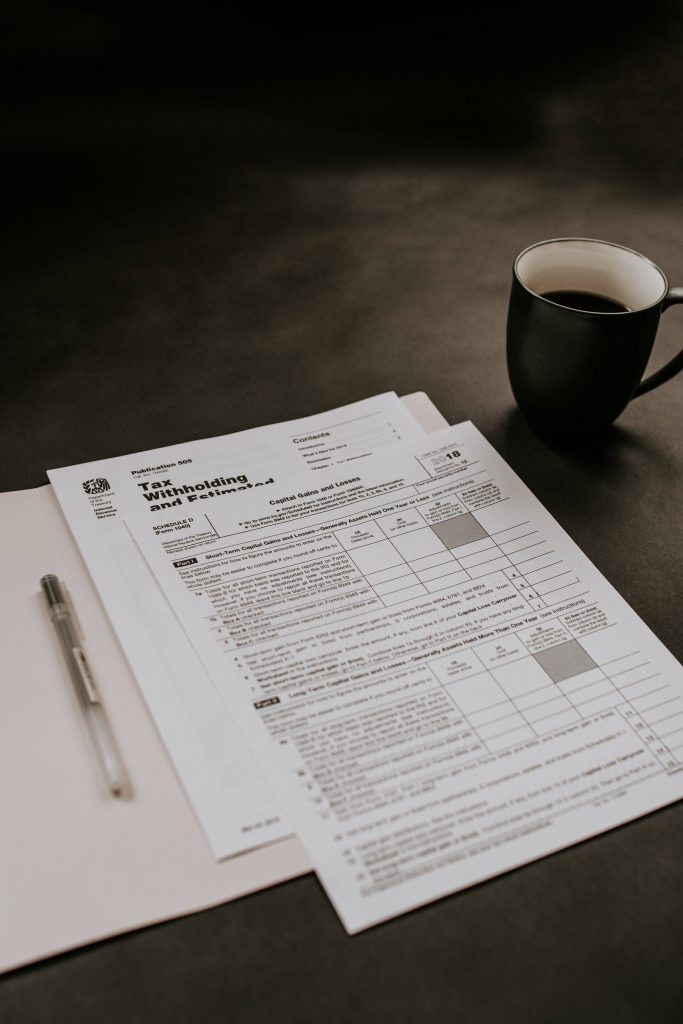Being responsible citizen of a nation, one must be very regular with their taxes and for that you must be well informed about how the system works and what is your role in building that system. Let’s dig in and see What is Capital transfer tax in the Netherlands?
Capital transfer tax in the Netherlands?
You pay capital transfer tax (also known as conveyance duty), when you become the owner of a property. You also pay capital transfer tax if you acquire rights to immoveable property, like building rights or ground lease rights. The duty may also apply to certain share transfers. The government uses the revenue for things like roads and health care.
What are the rates of Capital transfer tax in the Netherlands?
Capital transfer tax in the Netherlands can be divided for residential property and for non-residential property (immoveable property). The rates are as follows:
Capital transfer tax on residential property
Capital transfer tax is 2% for a:
- home
- garden
- garage
- shed
This rate applies even if you buy any of the other property after you buy the home. The amount the conveyance duty is based on varies, depending on the situation.
Capital transfer tax on non-residential property
Capital transfer tax on all non-residential property is 6%. If a property is used for business and residential purposes, both rates will be used to calculate the amount due.
Reduced capital transfer tax on resales
Capital transfer tax in the Netherlands is reduced if you buy a home or commercial building and resell the property within 6 months. In that case capital transfer tax is only payable on the increase in value.

When to pay capital transfer tax in the Netherlands?
You pay capital transfer tax in the Netherlands when you become an owner of:
- immovable property, lika a home or a piece of land;
- rights to immovable property, like building rights, ground lease rights or membership rights for cooperative flat associations;
- shares in a public limited company (NV), private limited company (BV) or simple partnership whose assets consist mainly of immovable property.
Paying capital transfer tax
The way you pay capital transfer tax depends on how you became an owner. In most cases, you pay the capital transfer tax to a notary and the notary pays it to the Tax and Customs Administration. You can also declare the tax to the Tax and Customs Administration yourself.
No capital transfer tax
You do not pay capital transfer tax if:
- you become the owner of a home through marriage or divorce;
- you inherit immovable property;
- you build something in or on immovable property that you own;
- you jointly inherit immovable property with others and the immovable property is in the name of one of the heirs.
Capital transfer tax exemption
In some cases you can be exempted from paying capital transfer tax. Examples include business transfers or agricultural business relocations. You will need to meet certain conditions. To learn more about it, contact the Tax and Customs Administration.
No Capital transfer tax
You do not have to pay capital transfer tax if you become the owner of a home through marriage or divorce, or if you inherit a home. The Tax and Customs Administration provides an overview of other circumstance in which you do not have to pay capital transfer tax.
To know more about taxes in the Netherlands, like how the tax system in the Netherlands work and how to file your income tax returns, then you really need to Checkout the article on Taxes in The Netherlands | What All You Shouldn’t Ignore? Be Aware of Your Taxes in 2021 & Beyond